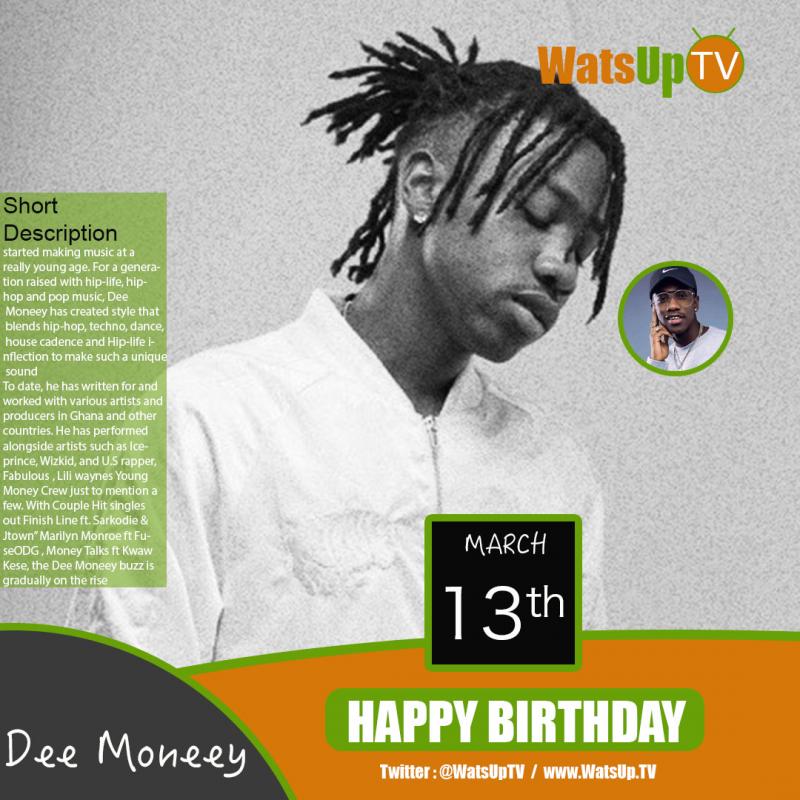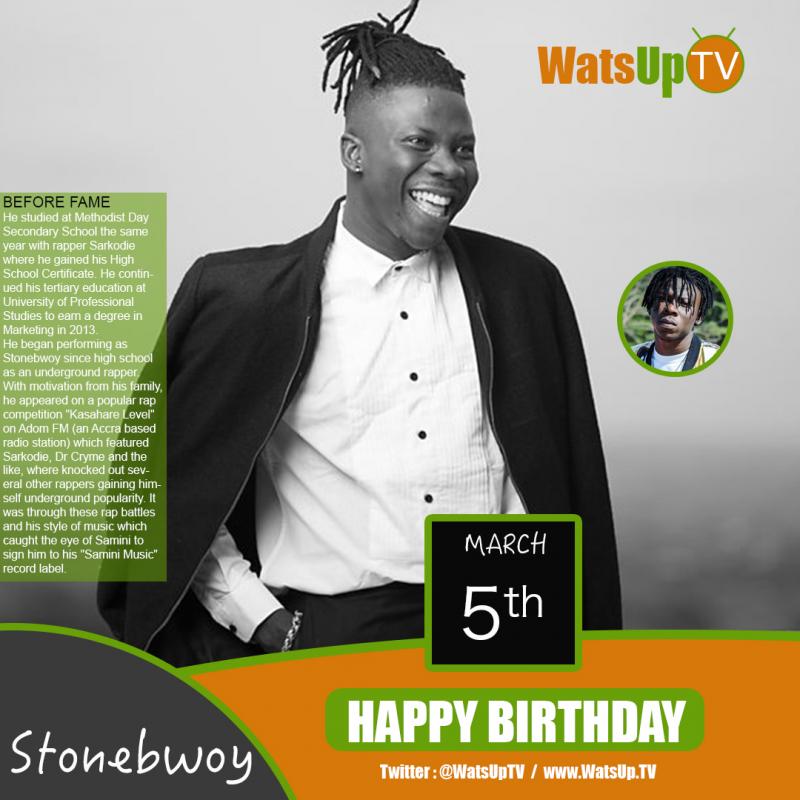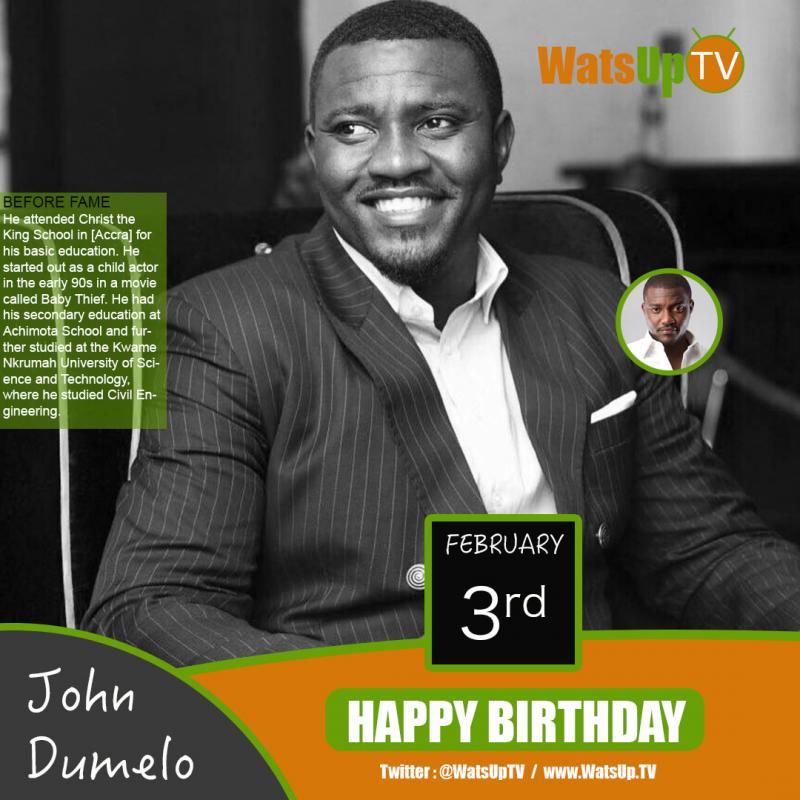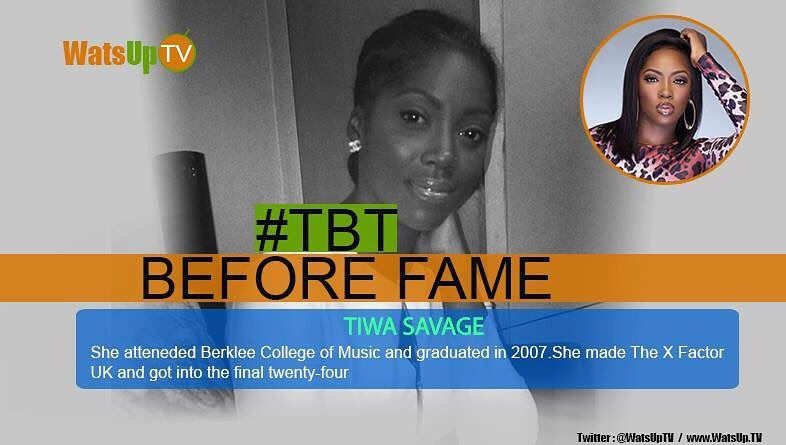Samuel L. Jackson shares how he went from junkie to Hollywood genius
Samuel L. Jackson “didn’t know” he was “ready” to go to rehab to battle his drug addiction until he got there.
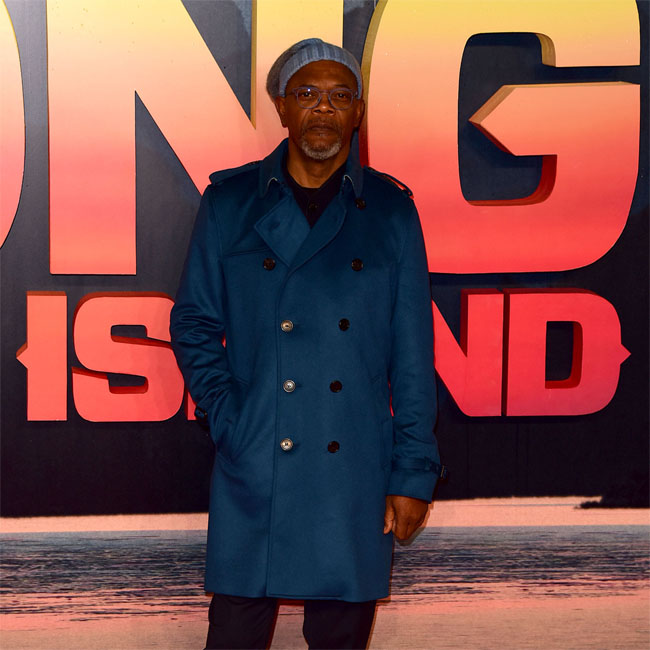
The 70-year-old actor battled an addiction to crack cocaine several decades ago and decided to quit when he became “tired of getting high” and eventually sought treatment after his wife LaTanya Richardson Jackson and their daughter Zoe found him unconscious at home.
Asked why he quit drugs, he said: “Tired of getting high, using up that energy. I’d been at Ruben Santiago’s bachelor party drinking tequila all f—ing day.
“On the way home, I decided, ‘I need some coke so I can even my s— out.’ I went by the spot, copped, went home, cooked the s—, and passed out before I had even smoked it, drunk.
“That’s when my wife and daughter found me on the floor. She called my best friend, who was a drug counselor. I was in rehab the next day. I just didn’t know I was ready to go, but I was ready.”
Jackson’s first role after leaving rehab was portraying drug addict Gator in Jungle Fever, and while he was warned against taking on the “triggering” role, he was determined to see it through and views the movie as the end of his “active addiction.”
He told America’s Esquire magazine: “Jungle Fever was the first thing I ever did without a substance in my body.
“All those motherf—–s at rehab were like, ‘You don’t need to do this movie, because you’re going to have triggers.’
“I was like, “Well, s—, if for no other reasons, first of all, where the f— are you going to get $40,000 in the next six weeks? And second of all, I will never pick up another drug, because I don’t want to see any one of you motherf—–s ever again.” I hated them. But that was their job.
“And I made it through that. So significantly, when Gator gets killed at the end of that movie, I always look at it as the death of my . . . active addiction.”
And the Pulp Fiction star believes the film marked a turning point for his acting style.
He said: “It’s one of those things where my wife always criticized my acting as being bloodless. She said, ‘You’re smart. You know the right facial expression. You know the vocal inflection. You know everything to do except how to feel it.’
“She was totally right because I used to act and watch the audience for their response to what I did.”
Source: rollingout.com



